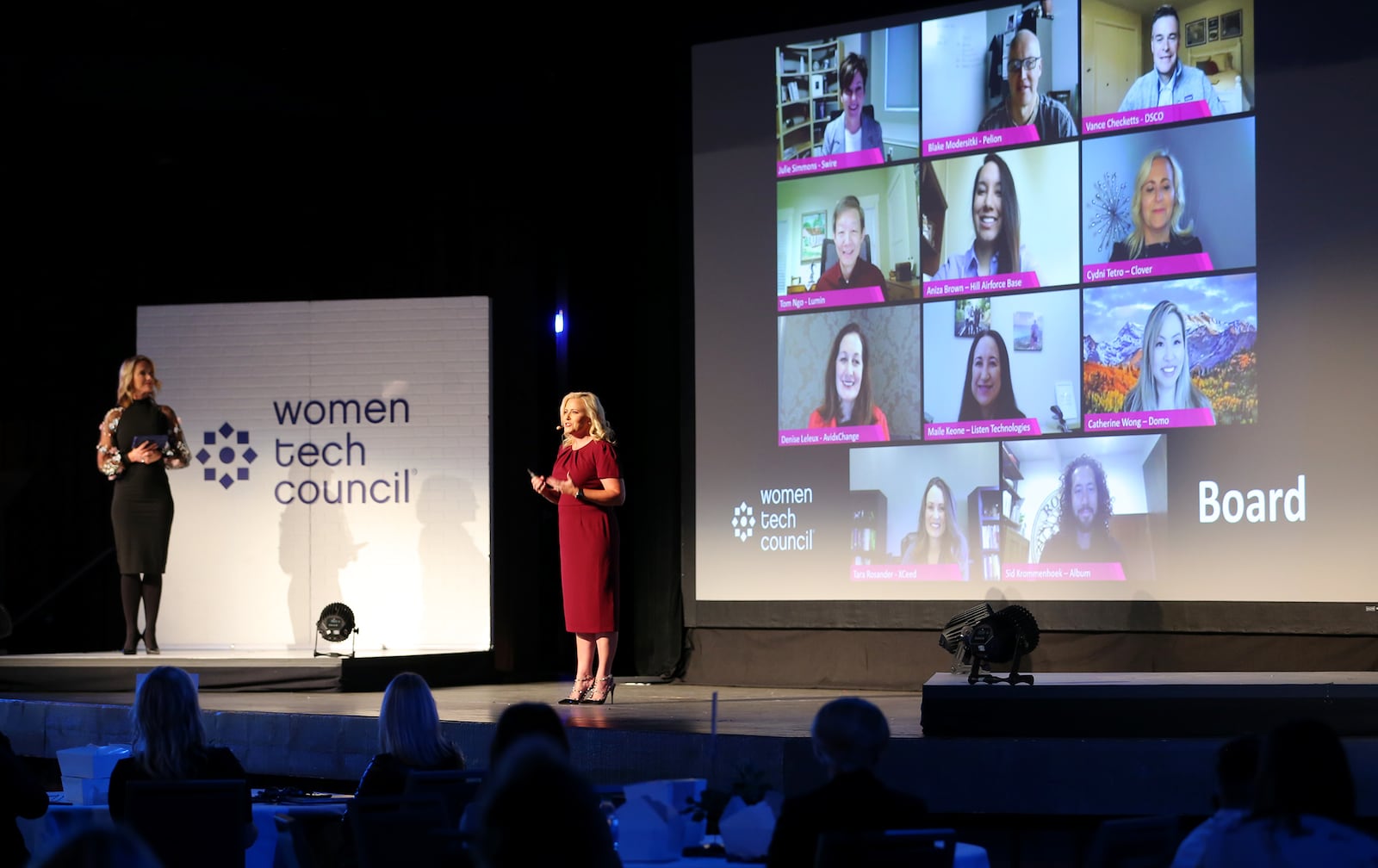In today’s fast-paced professional world, mentorship is more than just a buzzword — it’s a game-changer. When it comes to women mentoring women (aka “femtorship"), we’re talking about a superpower that’s reshaping workplaces across industries, sectors and generations.
Why femtorship matters
Though career mentorship of any kind is a boost, tailored guidance for gender-specific challenges is especially crucial. Participation in the workforce has increased substantially for women over the last 100 years, but progress in recent years has plateaued, and women continue to earn less than men. Wage gaps are just the tip of the iceberg.
Here are a few other reasons femtorship matters:
- Representation in leadership and specific work sectors
- Work-family balance challenges
- Shifting gender roles and societal pressure
- Sexual harassment and workplace discrimination
- Double standards related to workplace appearance
Femtorship is especially critical for first-generation professionals blazing trails without a roadmap, for caregivers supporting loved ones while evolving in their careers, and for every woman discovering that the “you can have it all" mantra may actually be a myth.
The opportunity, by the numbers
Overall, in Utah, we have more women working for fewer dollars. We have more women in technology but fewer business owners. And as far as executive representation, we are at the bottom of the barrel. Here’s where we stand.
Participation:
- National: Women’s labor force participation rate is 57.6 percent
- Utah: Women’s labor force participation rate is 62 percent
Pay gap:
- National: Women earn 82 cents for every dollar earned by men
- Utah: Women earn 71 cents for every dollar earned by men
Tech sector lag:
- National: 27 percent of STEM jobs are held by women
- Utah: 21 percent of STEM jobs are held by women
Leadership gap:
- National: 10.4 percent of Fortune 500 CEOs are women
- Utah: Less than 5 percent of corporate CEOs are women
Entrepreneurship potential:
- National: 42 percent of U.S. businesses are women-owned
- Utah: 16 percent of businesses are women-owned
Utah has the potential to accelerate women’s advancement into leadership roles, support women in negotiating fair wages to close the gender pay gap, encourage and support female entrepreneurship, and increase women’s representation in Utah’s booming tech sector. It’s time to step up and elevate the representation of women across these categories and close the pay gap. Our women, families and businesses deserve the boost.
But how do we get there? Apart from policy and economic changes, there are some strategies and tactics that can be actioned immediately through mentorship programming and support (femtorship, specifically).
Building (and supporting) better: Mentorship for the modern workplace
It’s hard to disagree with the numbers, but when it comes to logistics and execution, many organizations and leaders deprioritize mentorship programming for fear of overwhelm, uncertainty of the impact, or even a lack of design expertise.
Here are 10 tips for creating, supporting, and advocating for mentorship programs and women’s participation as mentors and mentees:
- Establish formal mentorship programs. Create structured programs that pair mid-career women with senior female leaders and incentivize senior and executive leaders to participate in mentorship.
- Provide mentor training. Offer training to ensure mentors are equipped to provide effective guidance and support.
- Invest in tech-enabled touchpoints. Leverage digital platforms and asynchronous tools to keep mentorship flexible. Digital solutions can also help quantify and measure participation, pain points, opportunities and impact.
- Allocate time for mentorship. Recognize and respect mentorship as a valuable professional development activity and allow dedicated time for mentor-mentee interactions. Offer work-hour mentorship payouts to support women (who may be clocking more hours than their male counterparts already) to take mentorship as seriously as their work.
- Create peer mentoring groups. Facilitate peer-to-peer mentoring circles where women can share experiences and support one another, build community and cross-pollinate connections across functions, organizations and industries.
- Offer flexible work arrangements. Implement policies that allow women to balance work and personal responsibilities more effectively so that they may have more agency and flexibility in defining which activities are valuable enough for face-to-face versus remote engagement.
- Promote sponsorship. Encourage senior leaders to actively sponsor and advocate for talented women in their organizations. Consider incentivizing women executives to participate in mid- and late-career mentorship or even sponsoring rising leaders to participate in programs that guide them toward the C-suite.
- Recognize and elevate. Take a stand and celebrate mentors’ contributions with formal recognition, role advancement and monetary incentives. Women already contribute to a disproportionate amount of unpaid labor. Be a player in course-correcting labor abuse by recognizing, elevating and valuing women mentors’ contributions.
- Address unconscious bias. Provide training to mitigate biases that may hinder women’s career advancement and disproportionate distribution of labor.
- Tap into professional organizations. Don’t feel you have to go it alone. Professional organizations and professional mentorship designers can help reduce the effort of designing mentorship programs from scratch and design a rewarding, effective experience for mentors and mentees.
- Partner with women-focused professional organizations to expand your mentorship network.
Ready to dive into mentorship? Whether you’re looking to find a mentor or become one, start by reaching out to your HR department or professional network. Remember, every great mentor was once a mentee and most great leaders have had exceptional mentorship along the way.

